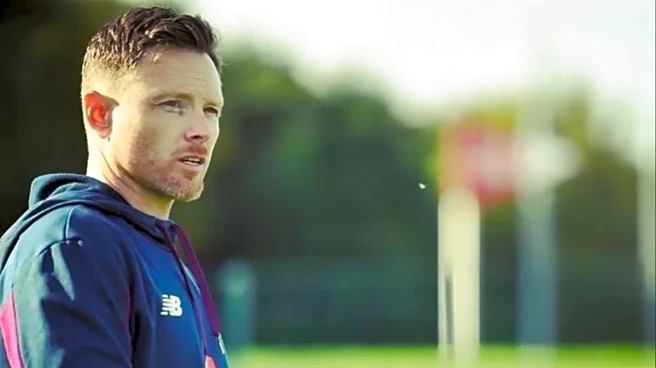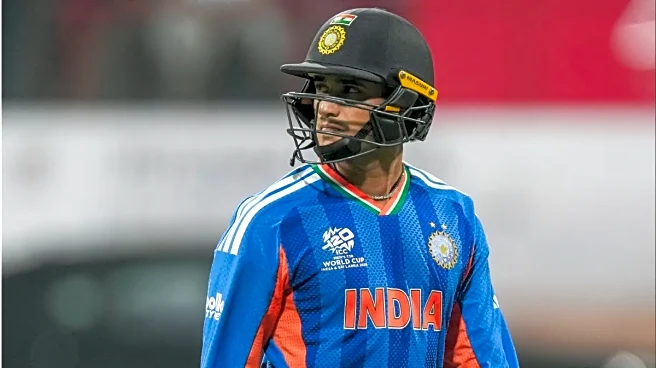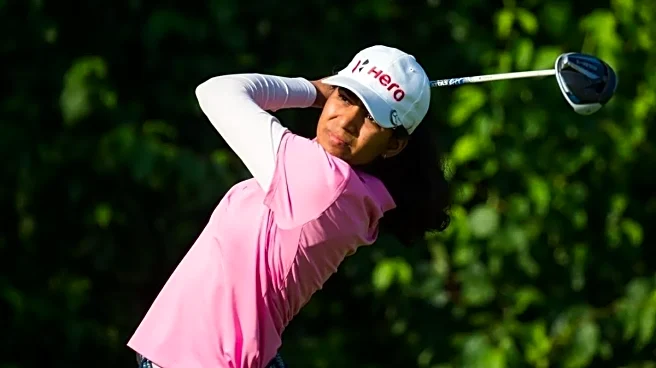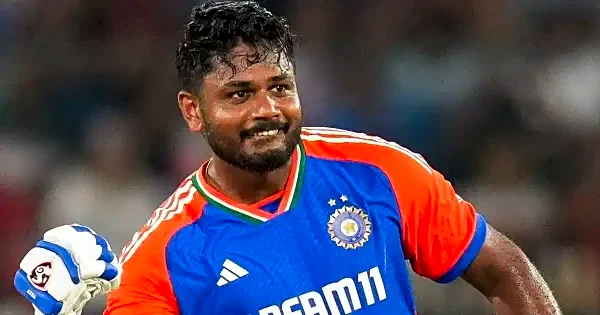Former Bangladesh cricketer Mohammad Ashraful has been appointed as the national batting coach ahead of the upcoming home series against Ireland. He replaces Mohammad Salahuddin, the senior assistant coach, who had been overseeing the batting unit since the Bangladesh Cricket Board (BCB) parted ways with David Hemp.
This marks Ashraful’s return to the national dressing room for the first time since his 2014 ban for match-fixing in the Bangladesh Premier League (BPL). Since then, he has worked in various
coaching roles across domestic cricket, including serving as batting coach for the Rangpur Riders in the Global Super League (GSL) on two occasions.
Meanwhile, former left-arm spinner and current BCB director Abdur Razzak has been appointed as team director for the upcoming series. Ireland are set to tour Bangladesh for a two-match Test series and three T20Is starting in November.
"Ashraful has the experience - that's a given. He has already completed the coaching courses, and mainly his experience was the key for us in this role," Razzak told reporters at a press conference at Mirpur Sher-e Bangla National Cricket Stadium following the board meeting, as quoted by Cricbuzz.
"Salahuddin bhai is the senior assistant coach. There wasn't any discussion about anyone failing to do their job or anything like that. And no one has been sacked from their post. My role will be like any other team director's role. I will observe, keep an eye on things, and if anyone needs any help, I'll provide it. If they need anything, I'll try to help," he added.
For those unfamiliar, Ashraful was born on July 7, 1984, in Dhaka, Bangladesh. At just 17 years old, he became the youngest player to score a Test century, achieving the feat against Sri Lanka in 2001. Ashraful later captained Bangladesh between 2007 and 2009, a period during which the team registered several historic victories, including their first-ever World Cup win over South Africa in 2007.
Ashraful was banned by the BCB for eight years for his involvement in match-fixing, a sentence later reduced to five years, with two years suspended for cooperating with investigators and admitting his guilt. During his suspension, he did formal coaching courses, mentored young players, and remained involved in cricket through private training and development programs.

/images/ppid_59c68470-image-177073507763571006.webp)
/images/ppid_59c68470-image-177073507927493167.webp)
/images/ppid_59c68470-image-177073504502237506.webp)
/images/ppid_59c68470-image-177073753137529509.webp)

/images/ppid_59c68470-image-177073753953128063.webp)









